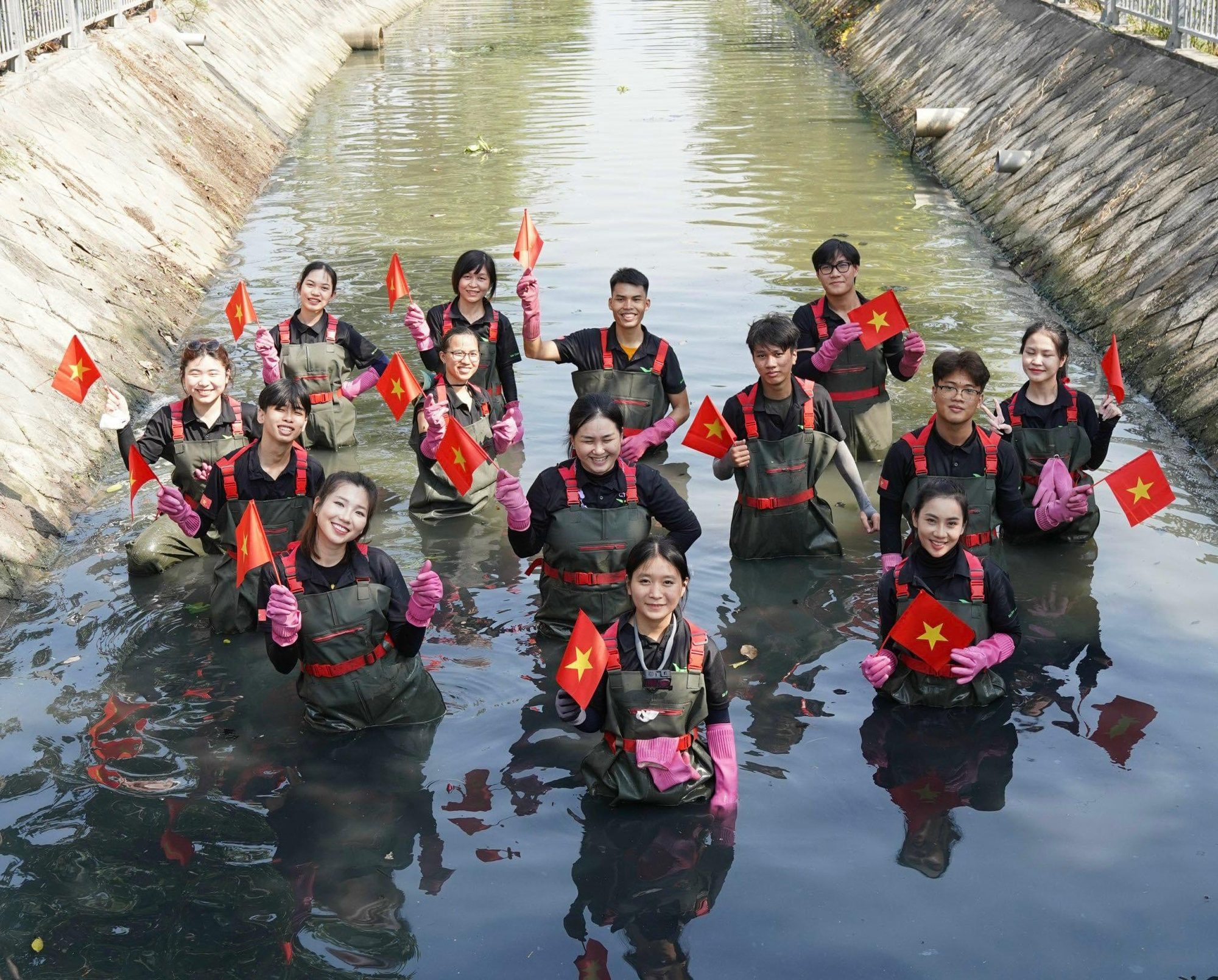A survey conducted by Vero Advocacy and Kadence International reveals that Vietnamese youth stand at a crossroads of optimism and concern. Their belief in a better future is inspiring, but it is tempered by clear challenges in employment, education, housing, and environmental issues.
A Future Full Of Hope
Vietnamese Gen Z ranks as the most optimistic youth group in Southeast Asia, with 90% believing their lives will improve within five years, outpacing their peers in Indonesia, Malaysia, the Philippines, Singapore, and Thailand. Millennials in Vietnam also share a hopeful perspective, with 87% expressing confidence in a brighter future.
The survey involved over 2,700 respondents across six Southeast Asian countries, including 453 participants from Vietnam. While optimism abounds, it exists alongside great concerns, particularly about employment and environmental challenges.

The Job Market Challenge
Career uncertainty remains a top issue for young Vietnamese. While both Millennials and Gen Z acknowledge employment challenges, Millennials report higher levels of anxiety, with 81% expressing concerns compared to 78% of Gen Z. This gap might stem from the differing life stages of the two generations: Millennials are often further along in their careers, whereas Gen Z is just starting to navigate the workforce.
Both groups rated Vietnam’s government policies on employment at 58%, indicating room for improvement in career support services such as job counseling and placement programs. These services could bridge the gap between young professionals and opportunities in an evolving labor market.
Education Needs Modernization
Education quality emerged as another critical concern, highlighted by 59% of Gen Z and 57% of Millennials. A significant challenge lies in integrating technology into the curriculum. Young people feel unprepared for the demands of a rapidly changing job market, especially one driven by global connectivity and technological advances.

Despite these concerns, the satisfaction rate for Vietnam’s education policies stands at 57%. To better align with the expectations of tech-savvy youth, reforms focusing on digital tools and skills would provide a stronger foundation for future careers. Investing in education innovation is not just a priority—it’s a necessity for economic growth.
Housing, Healthcare, And Tax Policies: Overlooked Priorities
Unlike their regional counterparts, Vietnamese youth do not rank affordable housing as a primary concern. However, satisfaction with housing policies remains low at 48%, particularly among Gen Z. Many young people advocate for government subsidies to support low-income families. This highlights a gap between immediate concerns and broader structural challenges that, if addressed, could enhance living standards.
Considering healthcare, youth satisfaction rate is the highest among surveyed areas, with 63% expressing approval. Conversely, tax policies scored a modest 51%, reflecting a desire for greater transparency in how tax revenues are utilized. Bridging these gaps could enhance trust in public systems and foster a stronger sense of community engagement.
Environmental Responsibility Tops Priorities
Environmental protection ranks as the leading concern for young Vietnamese, with 59% of Gen Z and 53% of Millennials prioritizing it. This focus is unmatched across the surveyed nations, emphasizing the unique urgency Vietnamese youth place on sustainability. Rapid urbanization and industrial pollution amplify the demand for robust waste management and pollution control measures.

The government’s actions, such as pledging zero coal power plants after 2030 and investing heavily in solar energy, align with youth expectations. These initiatives not only combat environmental degradation but also position Vietnam as a leader in renewable energy. Yet, participants in the survey highlighted the need for broader public awareness about these efforts.
Turning Passion Into Action
Vietnamese youth demonstrate a strong desire to contribute to a better future, whether through active environmental advocacy or calls for systemic reforms. This commitment reflects their readiness to take on leadership roles and drive meaningful change.
By aligning government actions and private sector initiatives with the aspirations of this generation, Vietnam can harness their optimism to build a sustainable and inclusive future. The challenge lies in fostering collaboration across sectors, ensuring young people have the resources, tools, and opportunities to succeed in their goals.



